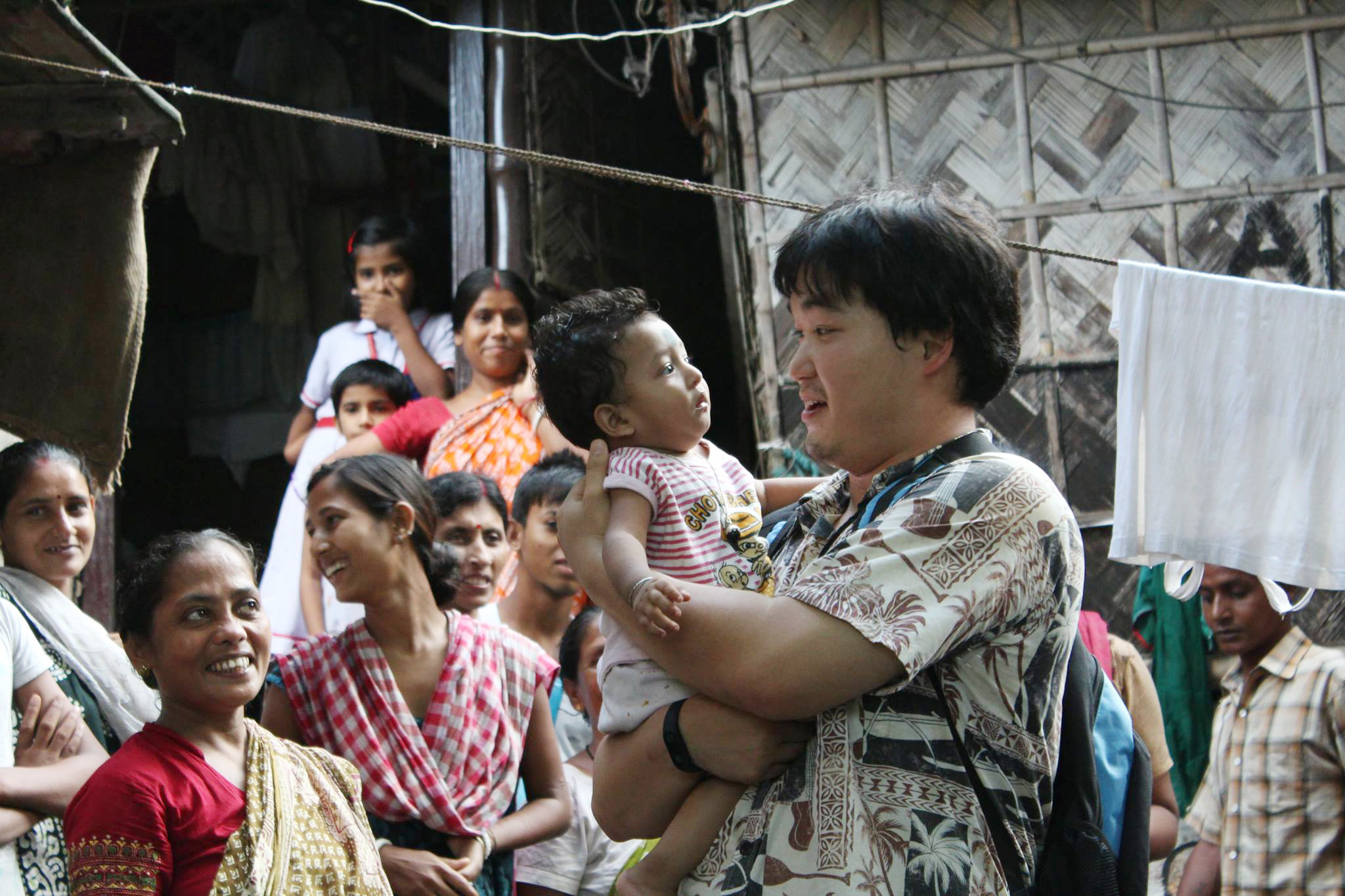 The fourteen theological students from ten different countries across the world are presently participating in the Face to Face programme in India, located in Kolkata and in Hyderabad. Face to Face India has the objective to engage the students concerning the issue of the many poor and the many faiths in India. Through field exposure, Bible Studies and theological reflections the students are encouraged to think critically and make connections between various aspects of the social reality they are exposed to, on one hand, and biblical teaching and theological reflection, on the other.
The fourteen theological students from ten different countries across the world are presently participating in the Face to Face programme in India, located in Kolkata and in Hyderabad. Face to Face India has the objective to engage the students concerning the issue of the many poor and the many faiths in India. Through field exposure, Bible Studies and theological reflections the students are encouraged to think critically and make connections between various aspects of the social reality they are exposed to, on one hand, and biblical teaching and theological reflection, on the other.
Since the commencement of the programme, the students have been exposed to the vulnerability of life that people live in urban slums. At Mahisbatuni, a slum in the North-East of Kolkata, they were exposed to the fragility of life in a slum where demolition and eviction by the state is a constant threat for the Mahisbatuni residents. The limitation of space and lack of privacy are also part of their daily experience. The students interacted with the community at a small club that serves as a community centre, used by various groups.
In Rajibnagar, North Kolkata the students visited a community that is located between two railway tracks. The location is a constant threat to the community. Parents fear for their children who could be run over by speeding trains. For students coming from small island nation where there are no trains, seeing a speeding train was an experience in itself. While the conditions of slum life are extremely hard, the students also witnessed the resilience of these communities who find creative ways of community organisation that imbed their resistance and solidarity in their daily life.
Closely connected to poverty is the issue of health. The Face to Face programme was designed using public health as a marker of how poverty actually affects people in daily life. A visit to a public hospital was as much an eye-opener as it was a moving experience for the students. They witnessed the sight of large crowds of people waiting to receive health services. They experienced first-hand how more and more health services are becoming a privilege for the rich and not a right for all citizens. This experience brought the fore the quest of global health policies and reduction of public spending on health by the state.
The students also took a five-hour long drive from the city of Kolkata and were welcomed to a village of indigenous people. In this village, the students heard stories of the indigenous people’s struggle and oppression faced as they work in stone quarries. Their stories of resistance and hope arise from their ability to organize themselves as a community and to challenge the systemic oppression they face.
The visits to the slums and villages were intentionally juxtaposed with the lifestyles of the wealthy in the city of Kolkata. The students were taken to a high-end mall where they witnessed how the minority wealthy live. The experiences the students had provided a lens for the subsequent Bible study and theological reflection sessions.
But it has not been all hard work, the Face to Face team found the time to let their hair down too. They socialised with fellow students at Bishop’s College as they played volleyball and watched movies.


